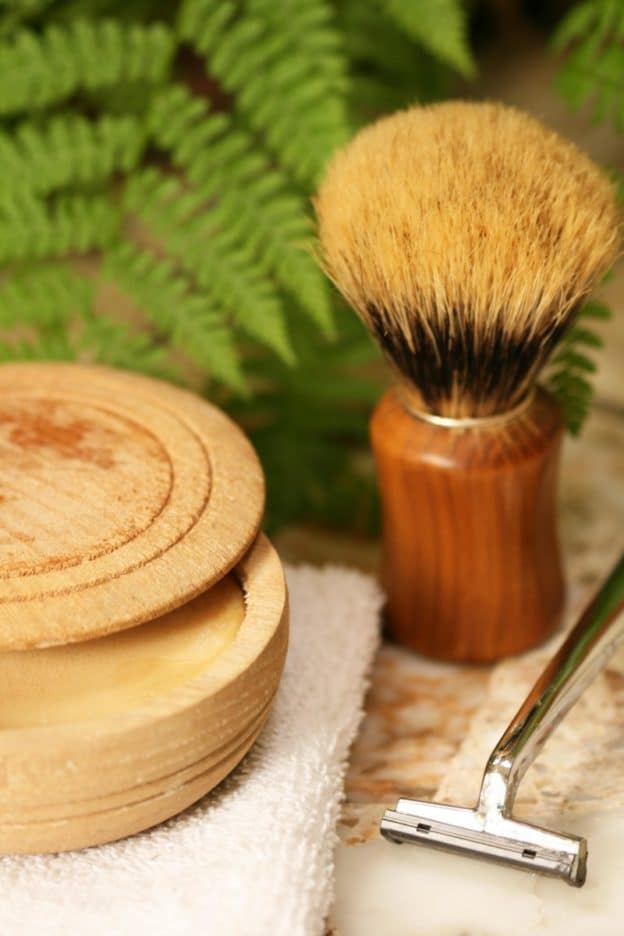The hospital ward is a space where anything can happen and where a different life takes over. On our one the metal bed frames are cream, as are the curtains we can pull around for privacy. Even the walls, floor tiles and the ceiling are shades of the same cream colour. There are six beds in two lines of three, pushed back against opposite walls and they are identical in every way. Blue covers lie over white sheets, and men of all shapes, lengths and sizes manage to look at least comfortable in the narrow beds. Poles from the ceiling carry the curtains which demarcate the separate bed areas; we share a rail between us, so if I pull my side curtain it opens onto the man beside me. Windows run along the wall opposite the door and are about two or three feet from the floor. Old windows now, large rectangles of aluminium-framed double glazing, throwing in warmth when the sun shines. The toilet is up and opposite me, and the sliding door is always open, which I’m always closing. I don’t want to see or smell it; the idea of germs is strong enough without a regular reminder. Next to my bed is the shower room, not used much and always clean; during my time I’m to only one to take a shower, though I’m probably the only one capable of washing myself too. This is the view from my bed while I read and watch the people coming and going, the doctors the nurses, the carers and the cleaners. The men who really fascinate me though are the shavers.
It’s an act of kindness and dignity to shave another man when he is incapable of such a simple task. The men who come to shave the patients do so with that dignity, as if it’s an honour. Watching them carefully applying a damp cloth to the bare face and dabbing the skin to get the bristles wet is very beautiful, as so many simple, everyday things can be when watched at a remove. They then tuck a towel under the chin, as if preparing to feed soup to a child, and the patient sits still while the cream is applied by brush. After wetting the razor, the man gets to work. The strokes are so careful, not a cheek nicked, and in the silence you hear the gentle rhythm as the razor slides the cream off the face, cutting the bristles as it goes. The man rinses the razor in his bowl of water each time, and freshly shaved skin begins to reappear with each stroke. The shaver talks with each patient, though once the shaving starts the banter from the man with the razor is answered only by a meeting of eyes, a raised eyebrow or a very slight nod. Without this fun, would it be embarrassing for the men? Is having to be shaved a sign of their incapacity, as shaving was something they always did themselves?
I wonder what the men do when not shaving, as they dress the same as the porters. Are they hospital staff who do the job as part of their daily routine, or are they dedicated shavers, doing the rounds of the wards and care homes? Do the shavers tell strangers in the pub that they shave old men for a living? Is it something they are proud of, or is it a job they keep silent? I hope they realize how important their work is to the men here. If you are clean-shaven all your life the feeling of bristle reminds you of uncleanliness, and you get a boost after a shave. The patients in the ward certainly appreciate the work; you can see it in their smiles.
The man opposite me must be in his 90s and is close to death. Family members come and go and usually leave in tears. They hold his hands and tell how much they love him, though he never wakes. This morning he gets a shave, the shaver chatting with him as he lathers the tiny face and removes the cream with his blade. The man will leave this world in the early afternoon, peacefully and without a bristle on his face.
